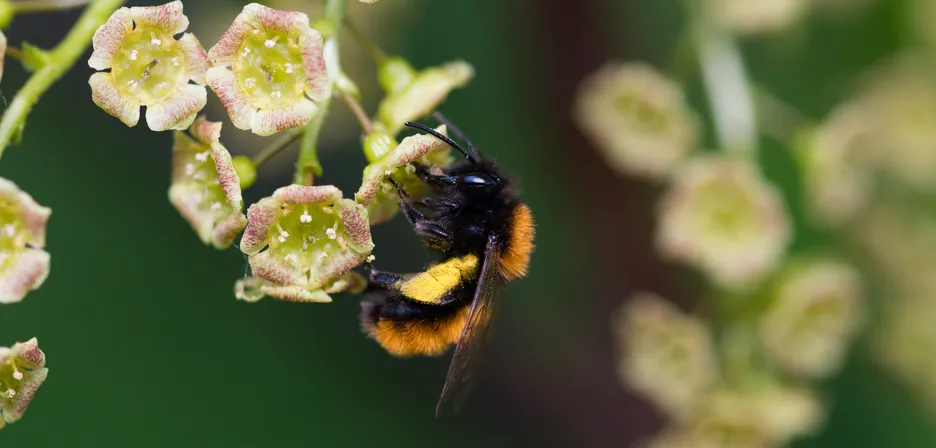Welcome to the Homepage of the Plant-Insect Interactions Team
Nothing in life is certain but change..
Life on earth as in science is change. We live in a world where anthropogenic activities are not only significantly advancing humankind through integrating people’s creativity and innovation, but also result in a hitherto unknown degree of global environmental change posing a complex challenge to natural ecosystems, biodiversity and humans alike.
Our vision is..
..that our work and research contributes to overcoming global challenges, in particular the loss of biodiversity and destruction of natural ecosystems. This should be achieved through (1) better understanding the mechanisms underlying the structure, role and resilience of biotic interactions, and (2) revealing and implementing solutions to protect and/or restore biotic interactions in particular and biodiversity in general.
Our team comprises a diverse spectrum of people, many being naturalists, from all over the world who are driven by their passion for nature, genuine curiosity, openness and willingness to face global challenges and provide solutions to societal problems and nature protection.
Our missions are..
.. to advance fundamental and applied science in the fields of community ecology and biodiversity;
.. to provoke and enhance genuine scientific curiosity through highlighting the complex beauty and many open secrets of nature;
.. to foster creativity and novel ideas through maintaining openness and curiosity across fields and disciplines;
.. to train the next generation of naturalists and researchers;
.. to teach the importance of critical thinking and in depth knowledge;
.. to constantly seek and live scientific debate through freedom of opinion, mutual respect, constructive feedback, openness for change and maintaining an objective and critical attitude towards everyone and everything, thus creating an atmosphere where all opinions are equal and objectively considered and contrary thoughts are welcomed; and
.. to maintain flexibility and embrace change in science both in terms of how science and the scientific community need to be structured and in terms of current scientific knowledge.
Our team studies the ecology and chemistry of plant-insect interactions in both temperate and tropical regions, with particular focus on bees. Projects investigate bee-plant interactions as well as bee health and performance in different habitats and along biodiversity gradients. Our research combines ecological methods (field studies, biostatistics) with classic behavioral and physiological studies (e.g. behavioral conditioning) and modern analytical chemistry (GCMS, HPLC).
